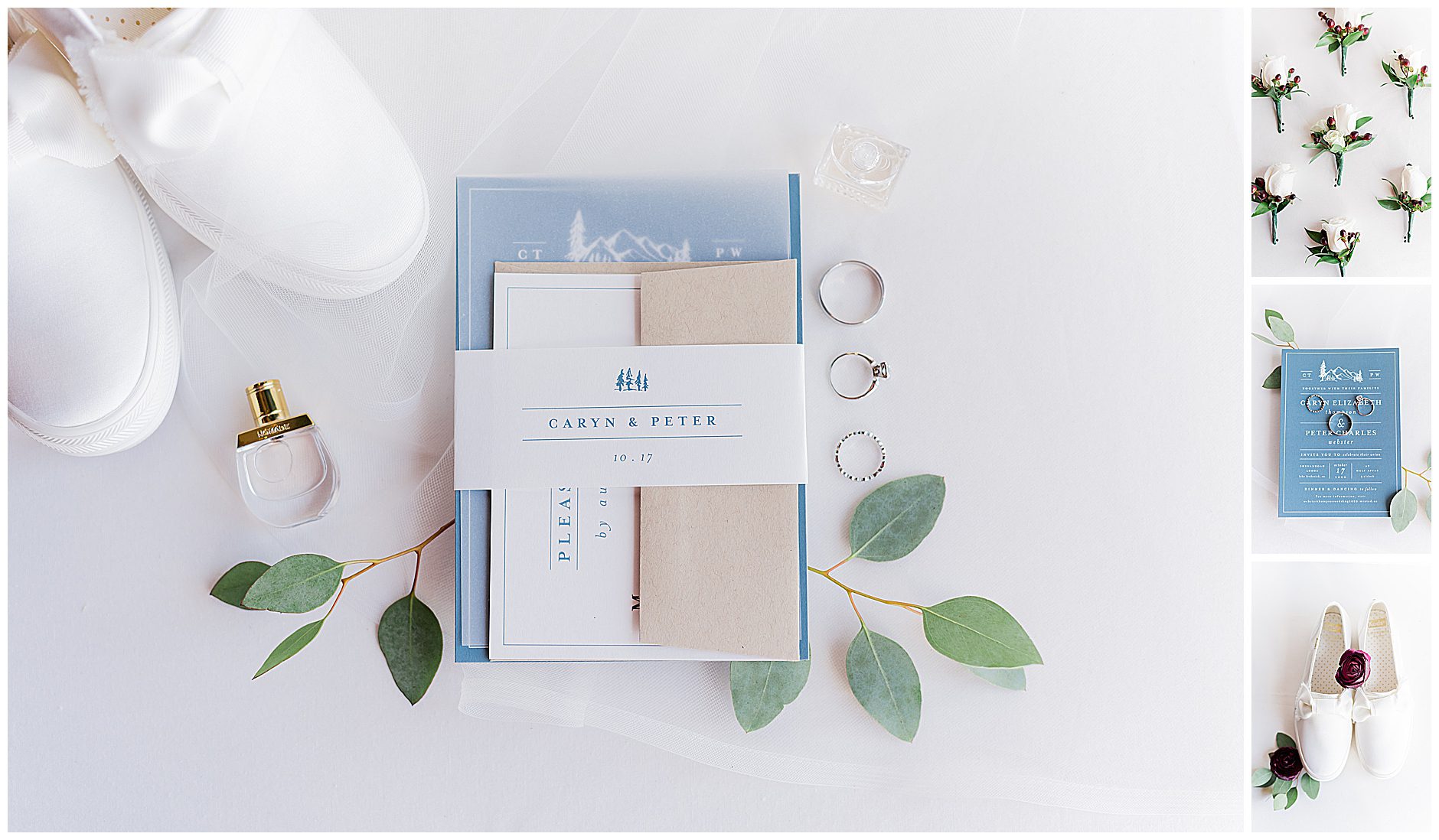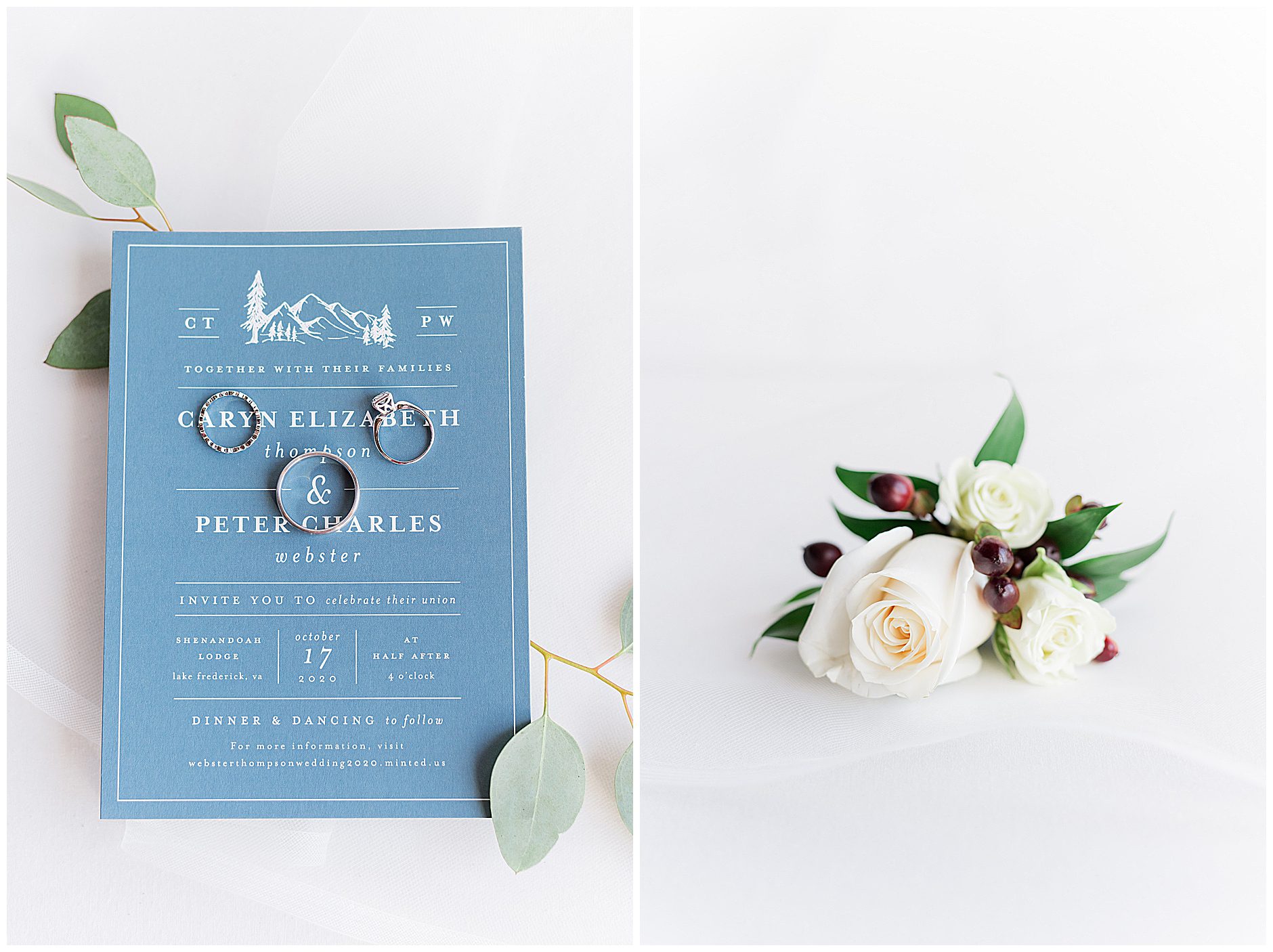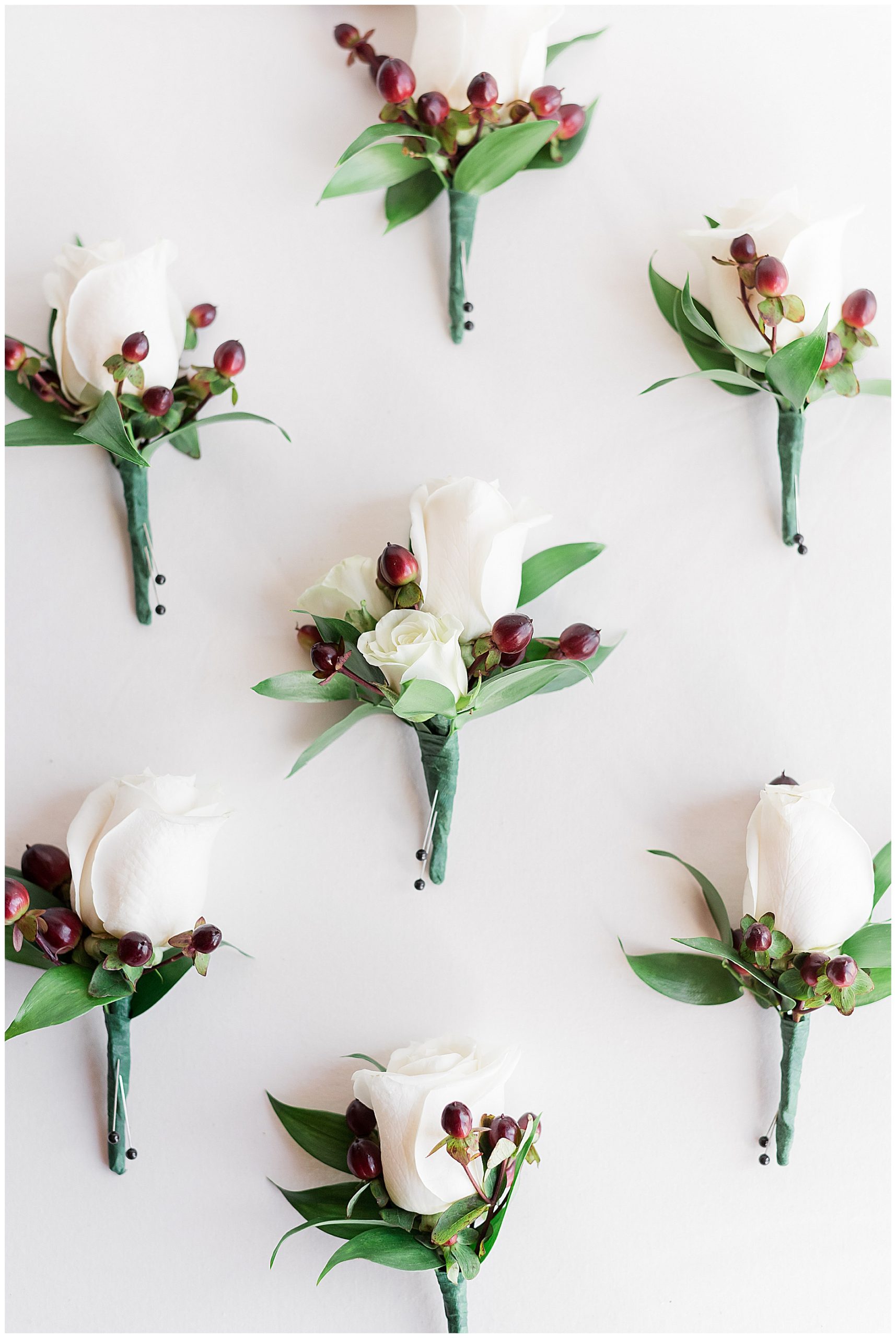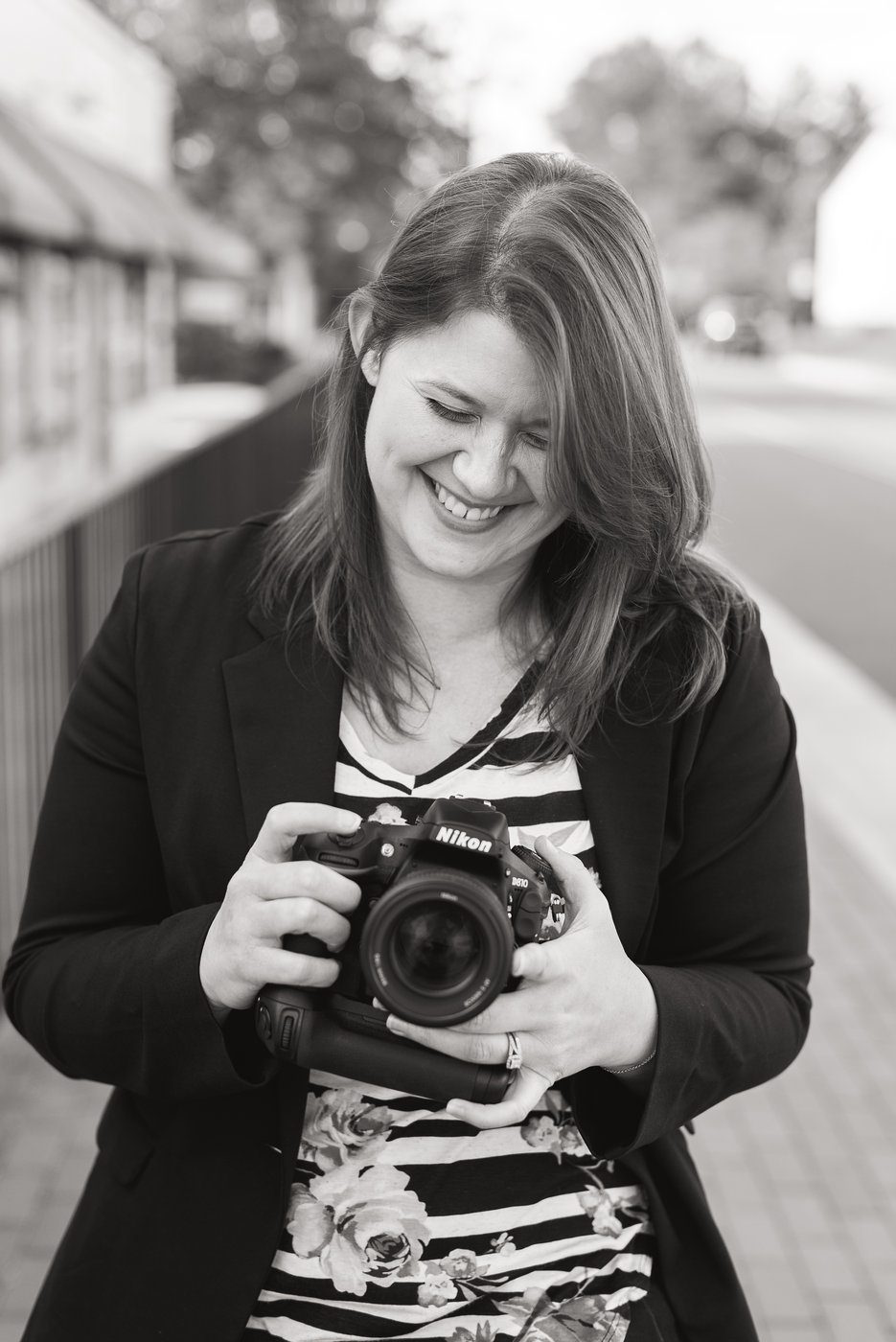
Setting a wedding budget and sticking to it are some of the hardest parts of wedding planning. As I mentioned last week talking about money can be challenging. It causes discomfort and awkwardness but when wedding planning it can’t. You and your partner as well as any other financial contributors must talk about money. Today I want to share some tips on how to start setting your wedding budget.
First off, know that this is the biggest event you have ever or will ever plan. There are so many moving parts and costs to take into account so before starting your vendor search, let’s do some research. You may have an idea of what your wedding budget should be but in honesty you are more than likely forgetting an aspect.
According to TheKnot.com the average cost of a wedding in 2019 was $28,000 with 2020 at $19,000. I can only assume that the decrease in cost is due to the pandemic, guest count restrictions and smaller receptions thus being less expensive. Did these averages shock you? And those averages don’t include the honeymoon.
1. Reality Check
If you had no idea what to expect for a grand total of a wedding than I can only imagine what you are thinking now after seeing those numbers. Weddings have lots of vendors, small details and costs. Each guest that attends has a cost associated, between food, drink, rentals, decorations, and even florals. The cost of a wedding is the cost of a car, but remember you have 5-7 years to pay for the car, you probably don’t want a 5 year engagement to save up. However, I would not suggest taking on debt for your dream wedding.
All of this can be tricky but it’s important to have a serious conversation with yourself and your partner to establish how much you’re willing to spend on the wedding. Don’t forget the honeymoon. You work hard for your money and maybe your original vision will get modified to adjust to the budget and that’s ok. The reality check may help you realize you want/need a longer engagement to save up the funds. It’s your day, you get to do what you want.

2. List High Priority Vendors
Now that we know the average cost of a wedding, let’s begin to consider vendors. There are some vendors that you could go without. For example if you wanted a bounce house or magician, you could probably go without. I know those are exaggerations, but seriously. However I wouldn’t skip the photographer, DJ, or caterer. There are necessity vendors for your day and optional vendors for your day. In a perfect world, you could have them all. As previously mentioned you could have a longer engagement to afford those optional vendors.
Consider making a list of high priority vendors that are important to you. Maybe your family are dancers and you want to splurge on a band or a DJ. Maybe your family are foodies so you want an elevated menu or a 3-course dessert bar. Your wedding is a reflection of you as a couple and the things you enjoy. So consider which vendors are high priority and the vendors you can push down the list. The high priority vendors may not be more expensive but should be where you start your search to help you shuffle out your budget.
My recommendation for high priority vendors is venue, photographer, and videographer which some may argue with me on but I love our wedding photos and video. The venue sets the stage and is the canvas for the day. The photographer and videographer will capture your day to reflect on for years to come.

3. Identify what is Important to You
Once you have listed your vendors in priority, then you can begin to consider other aspects of the day. The guest count as mentioned before can affect the total cost quickly. With that being said you can really nail down who you invite. Maybe you only invite immediate friends and family to keep it intimate. There are no rules to invite your entire kindergarten class and have a 500+ person wedding. Another consideration is children, although small they are still guests. You may consider having an adult only wedding to give parents a date night of sorts, again this isn’t for everyone.
After guest count, consider food and desserts. A buffet is generally cheaper than a plated meal. The type of food varies in cost but you could have a few inexpensive options instead of chicken cordon blue or steak. For dessert, elect a smaller cake for cutting and nibbling because in my experience most cakes are not completely eaten at the end of the night. Just because you have 100 guests doesn’t mean everyone will eat cake, so elect for a smaller cake, or pie if that is your favorite.


The biggest take away is to do what you want because it is your day. Also keeping in mind there are ways to save money but by identifying what is important to you will help determine where to make adjustments. You can work with your vendors to find alternative solutions to staying within budget. Also know that your budget won’t match 100% to what you actually paid after the wedding day. Your budget will fluctuate which is fine, you just want to make sure that you get what you want and the overall cost is where you wanted to be.
To see more of my recent engagement sessions, CLICK HERE!
To see more of my recent weddings, CLICK HERE!
Interested in scheduling a consultation to discuss your wedding, CLICK HERE!


